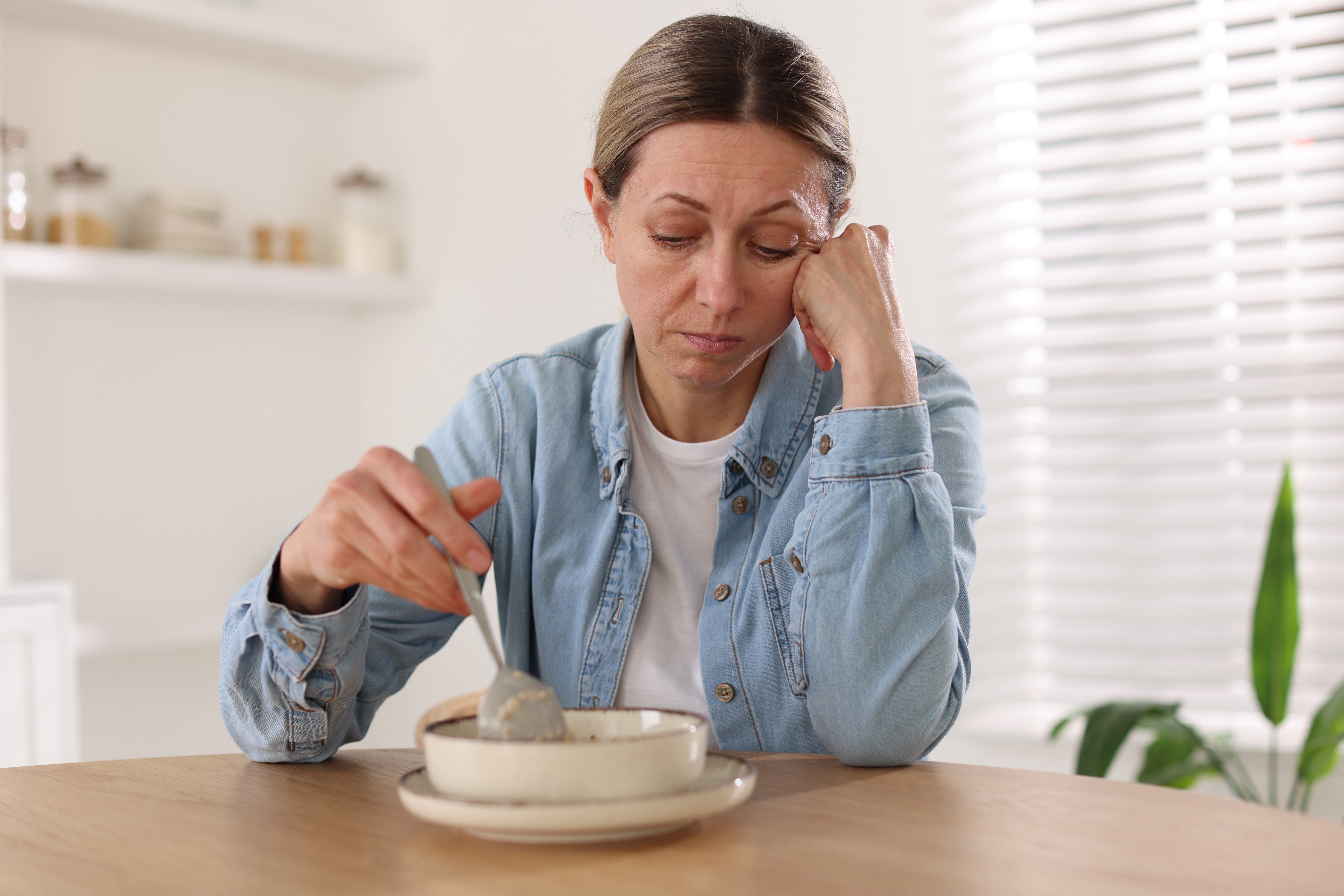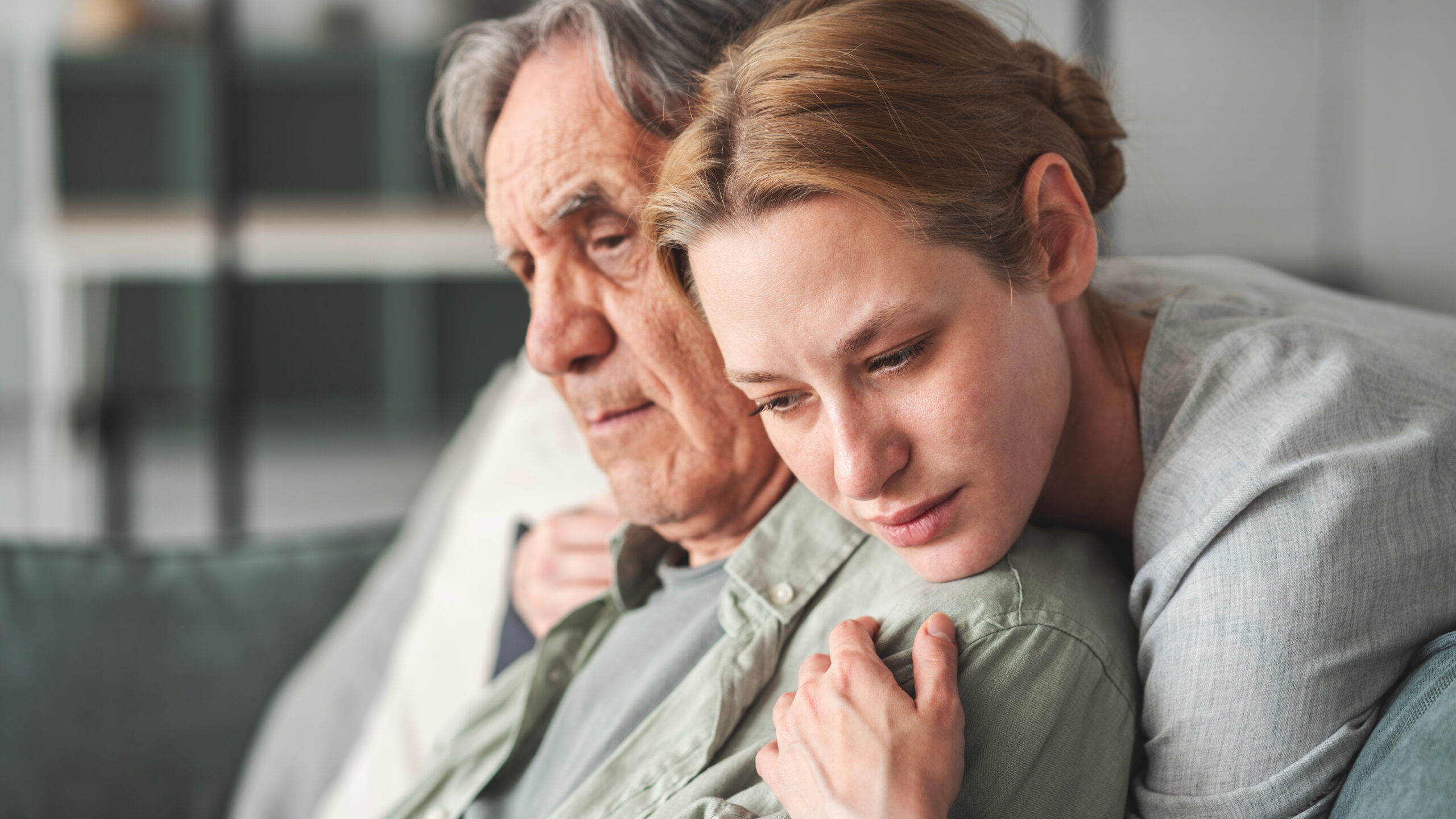NEVER MISS A BEAT
Sign up for our newsletter for newly released blog posts, industry-related news articles, upcoming events, resources, & more.
-
Which Level of Care Is Right for Your Loved One?
Key Takeaways Overview: Care Matters, But the Right Level of Care Matters Even More When someone you love is struggling, “getting help” can feel like the only goal. And you’re right to prioritize care. The sooner support is in place, the sooner your loved one has a chance to breathe again. But here’s the part…
-
Supportive Housing and Recovery: Why Stable Living Matters
Key Takeaways IOP, SLE, PHP, ASAM. Holy abbreviation, Batman! We say this with a smile because I’ve watched it happen so many times: families come in already carrying fear, exhaustion, and a hundred “what ifs,” and then the treatment world starts tossing around acronyms like everyone grew up speaking them. We get it. When you’re worried about your loved one, or you’re trying to get your…
-
How Mental Health Challenges Can Mask Themselves as Addiction
Key Takeaways How Mental Health Challenges Can Mask Themselves as Addiction When you’re struggling with alcohol or drugs, it’s easy to assume the substance itself is the main problem. But for many people, addiction is only the tip of the iceberg. Beneath it, there may be anxiety that never quiets down, depression that drains your…
-
The Psychology of Cravings: Why They Happen
Key Summary: You’re answering emails, driving home, or trying to fall asleep when a craving hits. Your chest tightens. Your thoughts narrow to a single point. And that harsh whisper starts: What’s wrong with me? Why is this still happening? If you’ve been working hard in recovery, cravings can feel like proof you’re failing. Like…
-
Why Relapse Is Part of the Recovery Journey — and How to Bounce Back Stronger
Key Takeaways The word “relapse” often carries a lot of stigma, misunderstanding, fear and shame. As we have learned more about the disease, treatment and recovery process—we’ve also developed more accurate and progressive methods and perspectives. For instance, relapse holds such an impactful and heavy place in the overall disease/treatment/recovery process, and it helps to…
-
What to Expect in the First 90 Days of Sobriety: A Compassionate Guide
The first 90 days of sobriety are nothing like what most people expect. The emotional highs feel almost euphoric. The lows can shake you to your core. Your body rebels, then heals. Your mind clears, then clouds over with doubt. And somewhere in the middle of all this chaos, you’re supposed to build a life…
-
How to Build a Support Network in Recovery
Why Lasting Change Happens in Connection — and How The Blanchard Institute’s Outpatient Model Helps You Build It Five-point summary: Addiction isolates. Recovery doesn’t have to. While addiction pulls people inward, recovery thrives when we’re connected—surrounded by people who understand, challenge, and believe in us. A strong support network of sponsors, therapists, family, and peers…
-
Managing Triggers in Early Sobriety: Practical Tools That Really Work
Key Takeaways: The first weeks and months of sobriety feel like walking through a minefield. A smell, a song, a stressful day—even a moment of unexpected joy—can send your mind spiraling back toward the thing you’re trying to leave behind. If you’re reading this because you need to know how to manage recovery triggers, you’re…
-
Is The Blanchard Institute Right for You? Learn How We’re Different
The phone calls. The sleepless nights. The watching and waiting as someone you love spirals deeper into addiction or mental illness. If you’re reading this, you know the helplessness that comes with loving someone who seems unreachable. Traditional treatment models tell families to wait. Wait for them to hit rock bottom. Wait for them to…
-
Do I Need Rehab? Signs It’s Time to Get Help
Another morning when you can’t quite remember how the evening ended. Another disappointed look from someone you love. Another performance review that didn’t go well. The question sits quietly in your mind: “Do I need help?” It takes courage to ask—and even more to answer honestly. Most people don’t seek help until crisis forces their…











